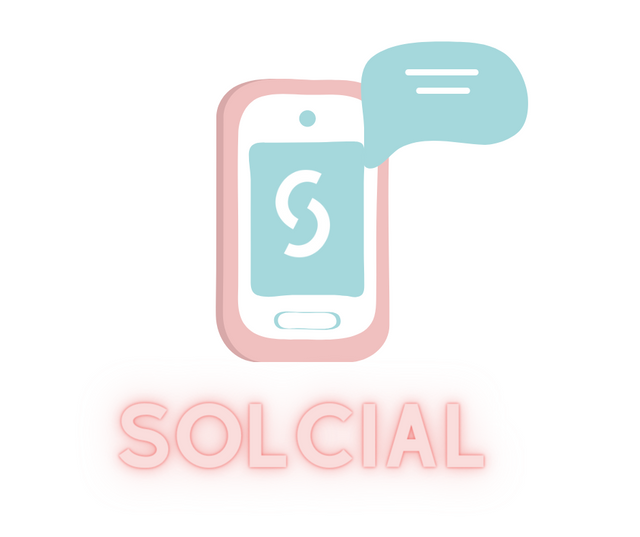With the increase in information coming from social networks, control over all published material is increasing on the part of the sites themselves and regulatory authorities.
I think every active user of web2 social networks has experienced account blocking. Most often, the account was banned for no apparent reason.
Social media doesn't give us a choice. We either agree to the privacy policy, or simply do not use the social network.
The other day I read a post on Telegram about how a girl was blocked on Instagram for two years. She spent a lot of money and time to restore the page. Her entire business is built on Instagram, and always before important launches, her page was banned. Most likely, this is due to the fact that competitors place an order for a mass complaint on the page, and Instagram algorithms indiscriminately block users.
Enthusiasm finally disappeared when the third account was irretrievably banned.
In addition to massive complaints about an account, web2 social networking algorithms can block a user for a harmless post. Ordinary photos, videos and posts may be considered by the platform as posts that violate the rules. By the way, the platform has a lot of rules. When registering, most users simply do not read about all the prohibitions of the platform, and when they encounter a page ban, it becomes too late to read. The long stages of account recovery begin.
Often this is a waste of money. And all because social networks have long ceased to be just a place for communication. Now for many it is also a job.
In addition to blocking bloggers with a large audience and ordinary users without a large audience, cases of blocking the accounts of people associated with politics have become more frequent. There are many examples when Facebook banned public people from Russia and blocked Russian media posts on political topics. Perhaps the reason is that the Russian-language branch of Facebook is run by editors from Ukraine, and as you know, relations between the countries are now tense. The owners of the popular web2 social networks are US companies. This may also play a role in the removal of publications of Russian citizens.
Although, of course, many users are faced with blocking, regardless of the country. One of the high-profile blockings on Twitter was the blocking of D. Trump's account. D. Trump sent people to the ban for comments on his page, which led to the removal of his page.
There are indeed many cases of blocking. The reasons are different, but the outcome is the same - a lot of time and money spent on restoring an account or creating a new one.

Everyone who has ever encountered an account blocking understands that this is really a problem for users.
But what if I offer you a social network where it is not the platform algorithms that determine what content is not allowed, but the users themselves? Users will finally have the right to vote. Vote "for" posts they like, "no" for posts they don't like, as well as file complaints about publications that violate generally accepted norms and laws. This is what I'm talking about now about the decentralized social network web3 Solcial. Solcial differs in that posts here cannot be deleted without the consent of the author. Posts that are reported by the community will stop streaming on IPFS Solcial nodes, but the user can pin the content on their own nodes while continuing to show.
I think that many will be interested in a social network without censorship.
Discord: https://discord.gg/xJbMg3XJH9
Telegram: https://t.me/solcial
Twitter: https://twitter.com/solcialofficial
Blog: http://blog.solcial.io/
Website: https://solcial.io
Email: [email protected]
We've shared and upvoted your post on @crypto.defrag
Downvoting a post can decrease pending rewards and make it less visible. Common reasons:
Submit